Yunnan coffee beans overall flavor taste grade How to Yunnan coffee cultivation varieties of the main characteristics of the introduction
Speaking of Yunnan coffee, its opening road has something to do with this period of history. After the stability of French power in Indo-China Peninsula in the middle of the 19th century, it began to look north at Yunnan with good mountains and good water. After the end of the Sino-French War, in October 1887, the Qing government was forced to open up the Mongol trade port in Yunnan, and French forces entered Yunnan. French Father Tian Deneng, ordered by the Dali Church, preached and built a Catholic church in Zhukula Village, Pingchuan Town, Binchuan County, Dali. Father Tian had a habit of drinking coffee, so he introduced an Arabica coffee tree from an ominous source. it is said that it was introduced from Vietnam but can no longer be tested, and Father Tian planted it next to the church, thus becoming the ancestor of Yunnan coffee. Up to now, there are still 4 coffee plants that are more than 90 years old in Zhukula village.
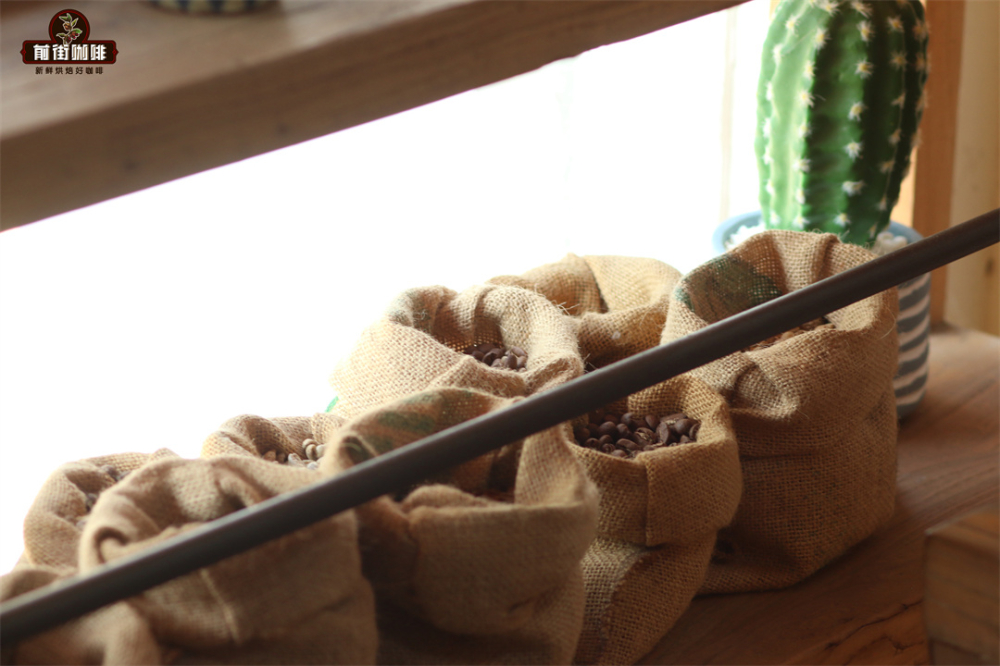
In the primeval forest near Myanmar in Lincang, Yunnan Province, Qianjie Coffee also has its own coffee farm. Coffee beans have been planted in Yunnan since 2013, and excellent varieties of iron pickup have been planted in Yunnan. In the harvest of ripe fruits in recent years, the flavor of coffee beans is getting better and better year after year, and the overall flavor is also praised by coffee guests, like brown sugar and heavy chocolate. And the clear and clean taste refreshes the guests' understanding of Yunnan coffee beans.
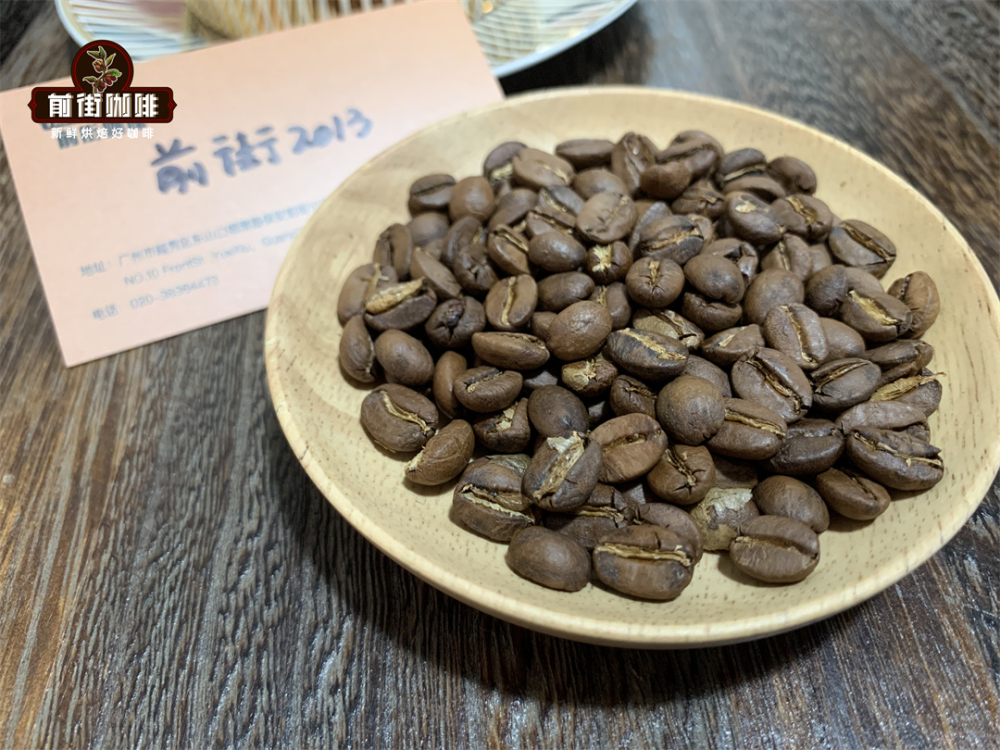
At present, the coffee varieties produced by energy in Yunnan are Katim, Tieka and bourbon. However, most Yunnan coffee varieties are mainly Katim, the overall flavor of Yunnan coffee is mellow, not bitter, with nuts, brown sugar, strong flavor, because it is a Katim variety, but also with a slight woody flavor.
Yunnan Tieka Coffee
Yunnan Iron pickup began to be planted in Yunnan. Since 1904, French missionary Father Tian successfully planted coffee in Zhukula, Binchuan County, Yunnan Province. This is the beginning of Yunnan coffee, commonly known as small seed coffee, commonly known as Yunnan small grain coffee.
After 1930, Mr. Liang Jinshan, a famous overseas Chinese leader, brought coffee to Pudong and Luoming for planting until the founding of the people's Republic of China. After 1952, a large number of coffee was planted in Lujiang and other places, and the history of large-scale cultivation has been nearly 60 years. Now most of the Yunnan iron pickups we can taste were planted in this era. As mentioned earlier, Qianjie Coffee 2013, planted is a variety of iron pickup, excellent flavor.
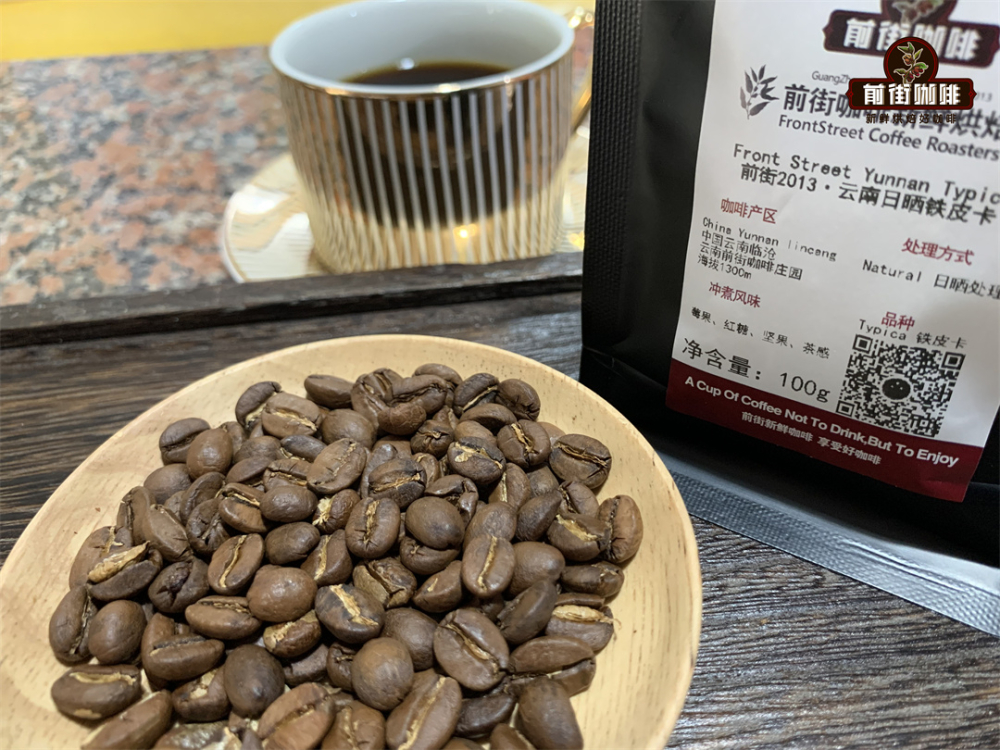
Yunnan Katim Coffee in 1959, the Portuguese moved the Brazilian bourbon mutant Kaddura to East Timor to mix with Tim timor, who is of Robusta descent, and successfully bred Katim with disease resistance and super production capacity. As leaf rust affects coffee-producing countries around the world, with the help of international organizations, countries vigorously promote Katim to fight leaf rust and increase production capacity. Since 1992, Nestl é has established the Ministry of Coffee Agriculture to guide and study the improvement and cultivation of coffee in Yunnan, and to introduce high-yield and disease-resistant Katim to buy coffee at the price of the spot market in the United States. Katim is not pure Arabica blood, it is a hybrid of Timor species (Arabica and Robusta hybrid) and Kaddura (bourbon variety), so Katim has 25% Robusta pedigree, and its Robusta pedigree also determines its taste defects: the aroma is not rich enough, and the overall taste is bitter, prone to astringency and more irritating mildew.
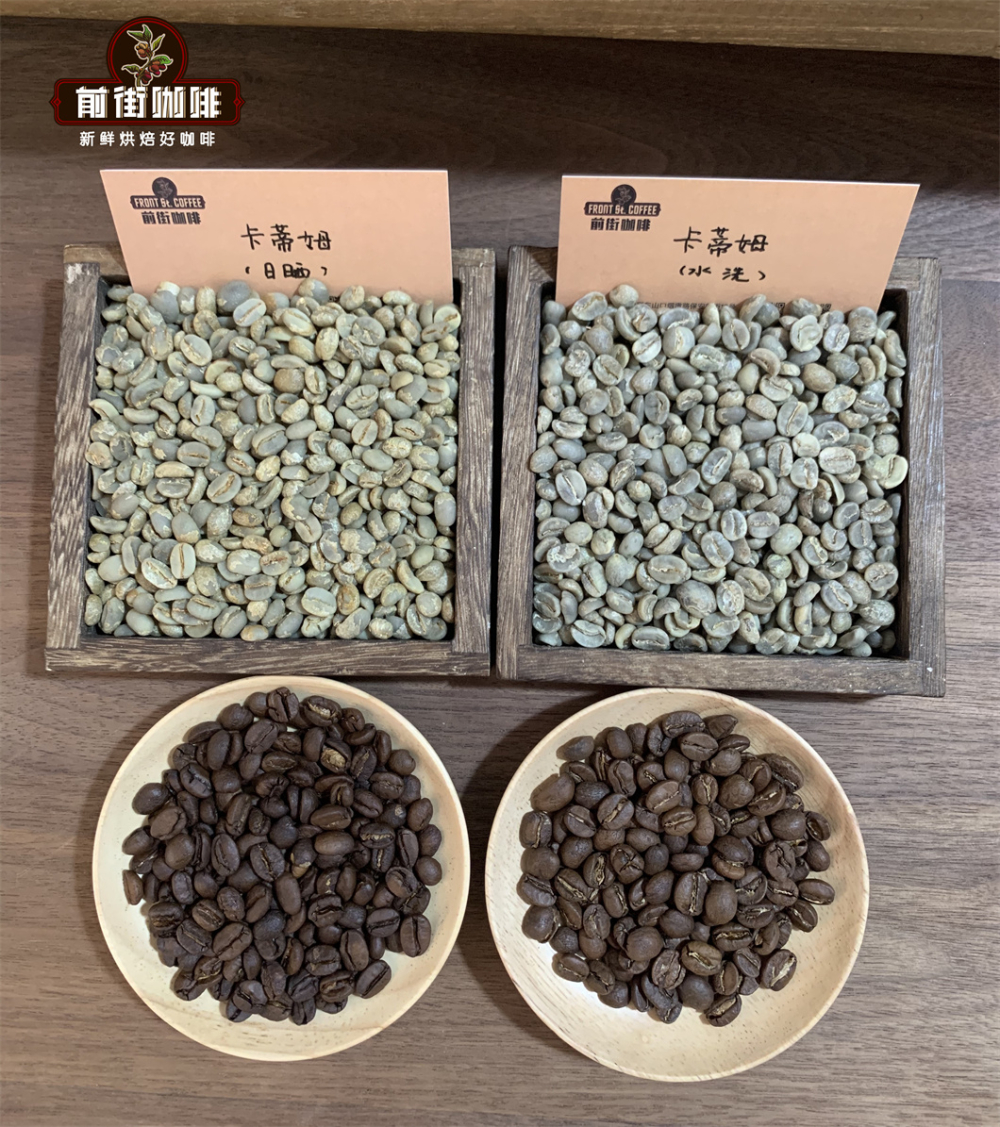
Yunnan Bourbon Coffee in 1952, experts from Yunnan Academy of Agricultural Sciences distributed 80kg coffee seeds (iron pickup card and bourbon) to farmers in Lujiangba, Baoshan, and a few years later guided the planting on a large scale, which led to the coffee trees flickering along the Yunnan-Burma Road. Coffee cultivation in Yunnan has developed rapidly due to the huge demand for supply from the Soviet Union. In a survey conducted by Professor Ma Xijin in 1981, iron pickups and bourbon accounted for 31% and 69% of the ancient coffee groves in Zhugula village. Bourbon is a natural variety of iron pickup, which can be traced back to mocha round coffee in Yemen, which was planted by the French on the island of Bourbon (now known as Reunion) in 1708. Bourbon also has a beautiful aroma and rich flavor, which is higher in yield and growth than iron pickup trucks. It is suitable for planting in an area of 1200 million meters, but it is less resistant to diseases and insect pests and is more sensitive to strong winds and heavy precipitation. Bourbon coffee is a variety of small-grain coffee second only to iron pickup. At first, the main branch and trunk grew upward at 45 degrees, and with the fruit load, the lateral branches were denser, the fruit was more, and the yield was higher. But the berries are smaller and ripen more slowly. The top buds of bourbon are green, which is called green-top coffee.
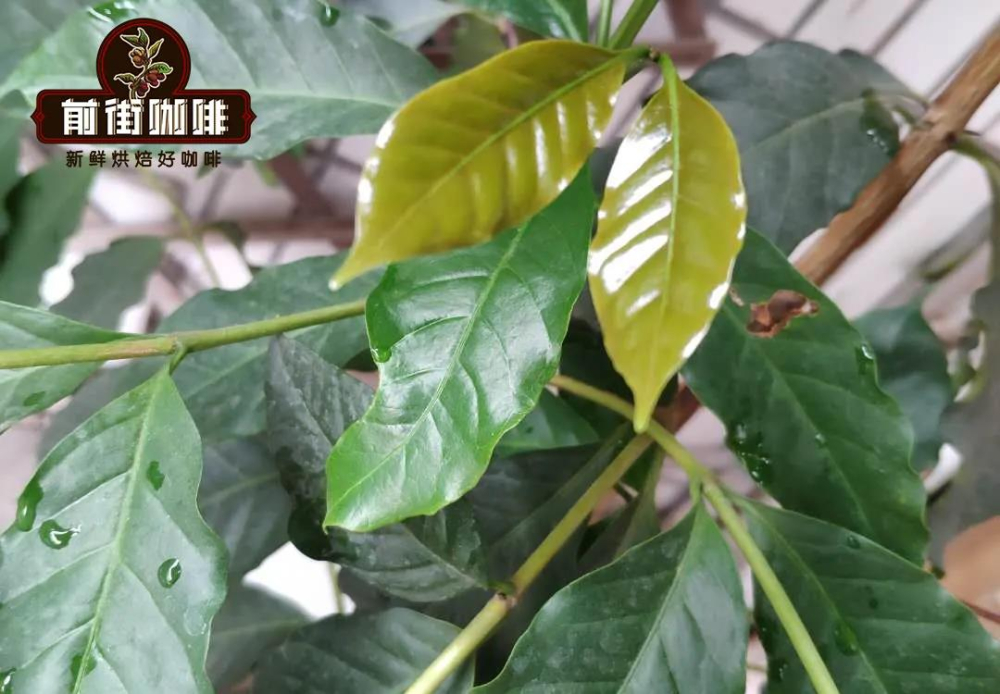
Grading system of Coffee in Yunnan
International commonly used grading standards:
According to the size of coffee beans, the round hole grading screen is used for classification. The international custom of small grains of coffee has a size of 10-20, and the number used represents the sieve aperture as the fraction with that number as the numerator and 64 as the denominator, in inches. For example: 14 refers to the raw coffee beans that can pass through a sieve with an aperture of more than 64 inches by 14thumb, and 19 refers to those that can be screened by a sieve with an aperture of more than 64 inches by 19thumb. (1 inch ≈ 2.54cm)
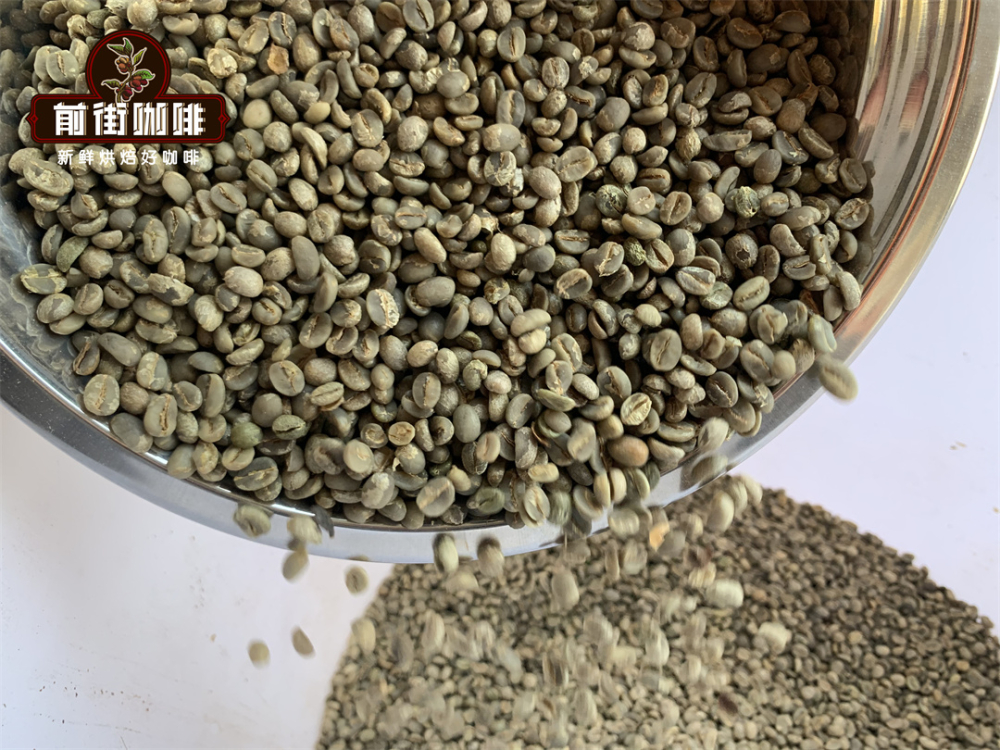
Domestic coffee grading standards are commonly used:
According to the sieve hole 6.5, 6.0, 5.5, 5.0 mm is divided into five levels.
First class: more than 6.5mm, full and complete particles.
Second class: 6.0-6.4 mm, plump, more uniform.
Grade 3: 5.3-5.9 mm, fuller and slightly less uniform.
Level 4: 5.0-5.4 mm, with incomplete rice, accounting for more than 75% of the total.
Level 5: less than 5.0mm, incomplete rice, complete accounted for more than 30%.
Qianjie Coffee 2013 beans in Qianjie Coffee Manor are in accordance with the commonly used domestic coffee classification standards, the standards are first-class standards, reaching more than 17 to 18 mesh.
Yunnan coffee growing period
Yunnan small-grain coffee will bear fruit after 4 years. Qianjie Coffee on its own farm will not have a harvest of coffee fruit until 2019, when it was planted in 2013. Coffee is a sunny plant. Coffee has the characteristics of multiple flowering and concentrated florescence. The flowering period of small seed coffee in Yunnan is 2mi-July, and the flowering period is 3m-May. The flowering of coffee is greatly affected by climate, especially rainfall and temperature. The life span of coffee flowers is short, only 2 murmurs for 3 days. Small seed coffee usually opens at 3: 00 am and 5: 00 am, and blooms at 5: 00 am.
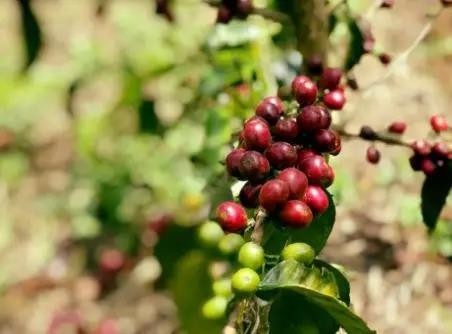
The development time of coffee fruit is longer. It takes 10 months for the fruit of small seed coffee to ripen in 10-December of the year. Rainfall has a great influence on fruit development, and climatic conditions directly affect fruit development.
Yunnan coffee brewing flavor
Small grains of coffee are generally treated mainly by water washing. of course, there is also sun treatment in Yunnan beans of Qianjie coffee. Let's take a look at Qianjie how to boil Yunnan small grains of coffee beans treated with water. What is its flavor?

Suggestion on brewing coffee in Qianjie
Qianjie Coffee each bag of boutique coffee has detailed information and suggestions for brewing parameters; the suggestion for brewing is to rinse the coffee powder into a bowl under the reference parameters, so that the coffee can be fully extracted, and the position is located in the powder layer. it will make part of the coffee go down directly from the edge of the filter cup, the position is too bottom, and some coffee powder can not participate in the extraction, making the taste light.
Filter cup: V60 water temperature: 88-89 ℃ powder quantity: 15g powder / water ratio: 1:15 Grinding degree: medium fine grinding (Chinese standard No. 20 sieve pass rate 80%)
Cooking technique: three-stage extraction. Steam with 30 grams of water for 30 seconds, small water flow around the circle to 125 grams for sectional injection, water level drop is about to expose the powder bed, continue to inject water to 225 grams to stop injection, and so on when the water level drop is about to expose the powder bed, remove the filter cup, (steaming starts timing) the extraction time is 2 minutes 39 percent 00 ".
Selected V60 brewed Yunnan small-grain coffee, the final flavor is with plum acid, melon and fruit, cream, black tea, the overall taste is relatively smooth, there is a very bright fruit acid, the final rhyme has a sense of tea, with a little fruit acid.
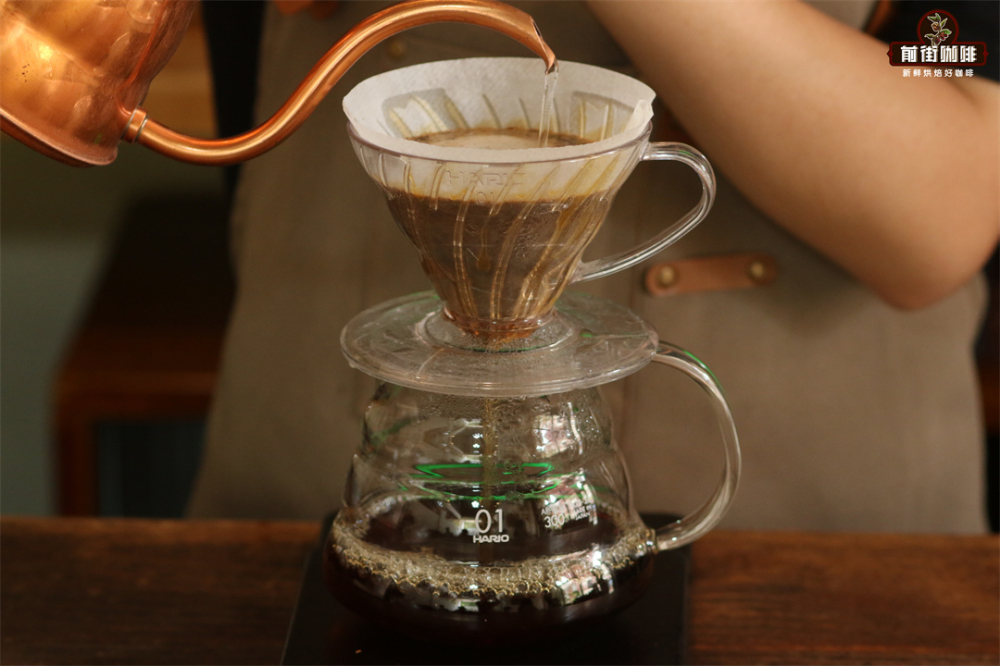
Professional coffee knowledge exchange more coffee bean information please follow the coffee workshop (Wechat official account cafe_style) more boutique coffee beans please add private Wechat Qianjie coffee, WeChat: qjcoffeex
Important Notice :
前街咖啡 FrontStreet Coffee has moved to new addredd:
FrontStreet Coffee Address: 315,Donghua East Road,GuangZhou
Tel:020 38364473
- Prev
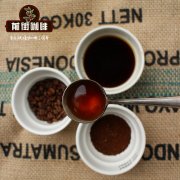
How does Yunnan small grain coffee taste? Yunnan small grain coffee taste characteristics rich and mellow aroma
Professional coffee knowledge exchange more coffee bean information please follow the coffee workshop (Wechat official account cafe_style) front street-Yunnan small grain coffee introduction Zhukula coffee forest belongs to Arabica bean (Arabica) Yunnan small grain Bobang (bourbon) and Typica varieties. At present, the Arabica coffee garden planted in Yunnan has more than 300,000 mu. Small grains of coffee are suitable for raw.
- Next

What are the varieties of Yunnan coffee beans? the types and characteristics of Yunnan coffee are well-balanced in acidity and soft taste.
Professional coffee knowledge exchange more coffee bean information please follow the coffee workshop (Wechat official account cafe_style) front street-Yunnan small grain coffee introduces the aroma of Yunnan coffee has a history of hundreds of years, it all started from the romantic land of France, when a French priest brought coffee bean sprouts to what is now Zhukula Village, Binchuan District, Dali City, Yunnan Province, from then on this small tree
Related
- Beginners will see the "Coffee pull flower" guide!
- What is the difference between ice blog purified milk and ordinary milk coffee?
- Why is the Philippines the largest producer of crops in Liberia?
- For coffee extraction, should the fine powder be retained?
- How does extracted espresso fill pressed powder? How much strength does it take to press the powder?
- How to make jasmine cold extract coffee? Is the jasmine + latte good?
- Will this little toy really make the coffee taste better? How does Lily Drip affect coffee extraction?
- Will the action of slapping the filter cup also affect coffee extraction?
- What's the difference between powder-to-water ratio and powder-to-liquid ratio?
- What is the Ethiopian local species? What does it have to do with Heirloom native species?

